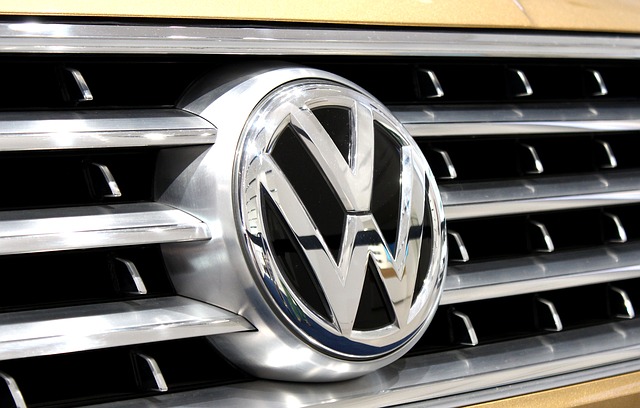Your Company Just Got Caught Cheating. Now What Do You Do

Now here’s a job I wouldn’t want: President and CEO of Volkswagen Group of America. That’s Michael Horn’s job. And I’m sure at one time it was pretty great. But now Mr. Horn has to try and explain to Americans who own four different types of Volkswagen diesels why those cars were equipped with “defeat devices.” The defeat devices made the cars pass emissions testing, but in reality the cars spewed nitrogen oxide into the air every time their drivers got behind the wheel.
So what is Mr. Horn saying?
A Hot Mess
First, let’s recap the situation.
In September, news broke that Volkswagen had been caught cheating. The company equipped four diesel models with what the New York Times called “cheating software to evade detection of rampant diesel pollution.” At first, it looked like the software was only installed on some 482,000 cars that had been sold in the U.S. In October, Volkswagen admitted that the software had in fact been installed on cars sold worldwide between 2009 and 2015. That’s 11 million cars.
On October 15, the Times reported that Volkswagen had recalled the entire fleet of “rigged diesel cars” in Europe. Regulators in the U.S. are waiting for Volkswagen to give them the details of how they are going to fix the problem before they order a recall in the U.S.
According to the Associated Press, by mid-October, more than 200 lawsuits have been filed against Volkswagen, alleging that for seven years the auto maker marketed four different diesels “as clean alternatives to gas engines, knowing all along that the cars were spewing pollution that far exceeded legal limits.” Among the law suits is one filed by Harris County. Houston’s home county has sued VW for $100 million in damages, attesting that the nitrogen oxide released by the cars contributed to ozone formation in Harris County. And multiple class action suits have been filed by VW diesel owners because of what they see as the loss in the value of their cars.
Taken all together, that’s a lot of deception.
Answering the Critics
So what is Volkswagen (through Mr. Horn) saying about all this?
In a statement on the VW website, Mr. Horn says that Volkswagen “received notice from the U.S. Environmental Protection Agency” among others that “some of our 2.01 4-cylinder TDI vehicles do not comply with applicable emissions regulations.”
That’s an interesting way to depict what appears to have been a massive, intentional deception: Some did not comply.
“As environmental protection and sustainability are among Volkswagen’s strategic corporate objectives, the Company takes this matter very seriously and is cooperating with the investigation.”
Environmental protection and sustainability are important to VW? According to the AP, “the EPA has said that the VW diesels emit 10 to 40 times the legal limit of nitrogen oxide.” What’s environmentally responsible about that?
Back to the website statement: “Volkswagen is committed to finding a remedy as soon as possible. We want to assure customers and owners of these models that their cars are safe to drive.”
Reality check: In October, Mr. Horn told a congressional panel that it could take from one to two years to fix all of the affected cars.
I could go on—but I think you get the drift.
And the bottom line for VW? According to Brand Finance, a London-based consulting firm that evaluates a brand’s worth, the Volkswagen brand was worth $31 billion before the scandal. By early October, they estimated that the worth of the brand had dropped $10 billion. Brand Finance also says that “the apparent deliberate nature of VW’s actions compound the impact on its credibility.”
“This sits particularly badly with Volkswagen’s brand identity which is founded on reliability, honesty, efficiency and more recently environmental friendliness.”
“The very future of the VW brand is in doubt.”
Ouch.
by Sara Rider

Leave a Reply